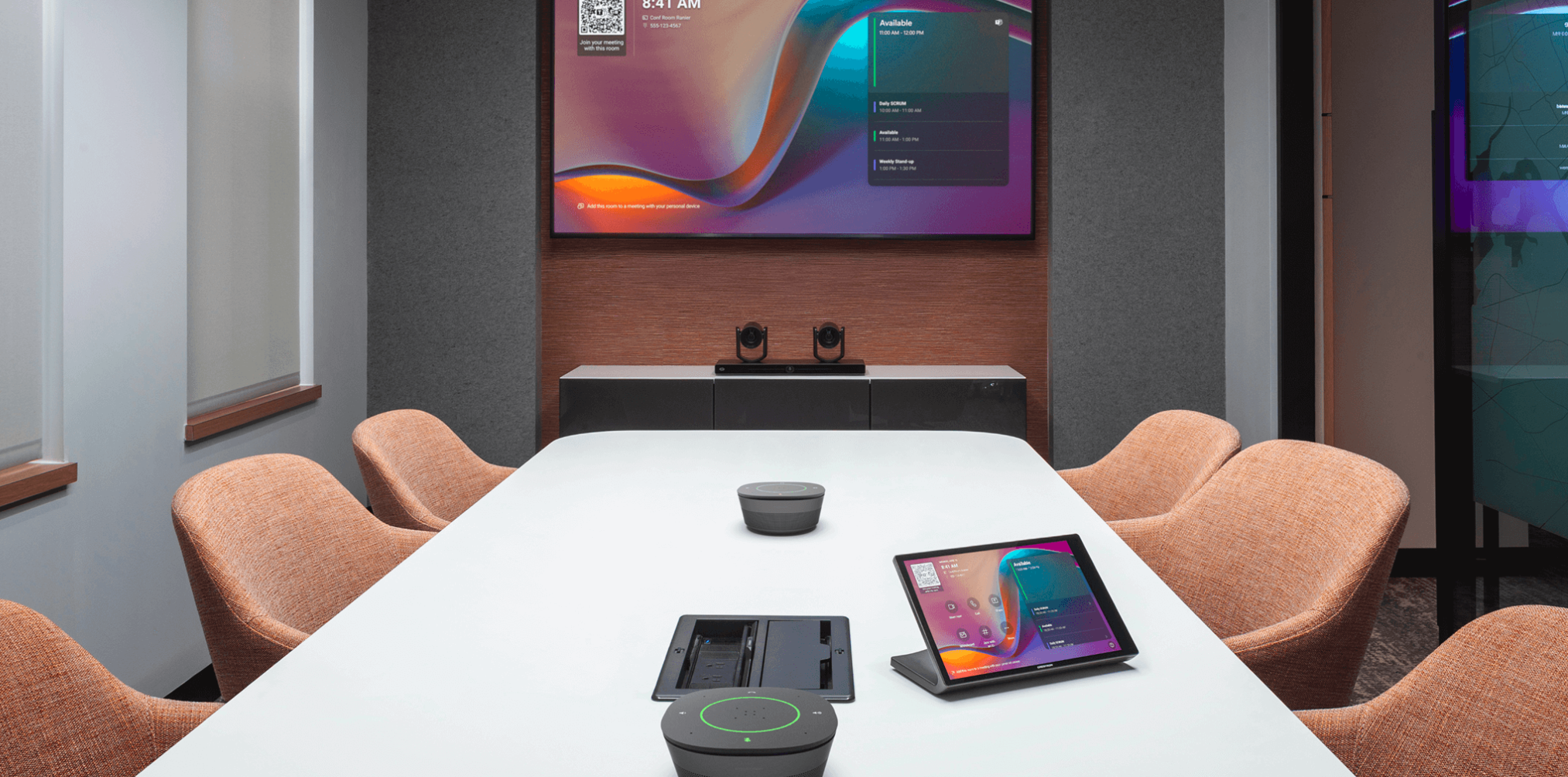Ernie Bailey, Tech Manager

A daily selection of features, industry news, and analysis for AV/IT professionals. Sign up below.
You are now subscribed
Your newsletter sign-up was successful
- Ernie Bailey, CTS, Director of Audiovisual Services, University of Arkansas for Medical Sciences (UAMS), and
- Chairman, Technology Managers Council, InfoComm International
AV Technology: What is a "technology manager"?
Ernie Bailey: In a general sense, a technology manager works within an institution, and is the interface between the hardware and the people. They try to make as seamless an interface as possible. In AV, we're the people who design systems, and set-up and test equipment; we try to make the room as user-friendly as possible so that the presenter - whether it's the faculty, salesperson, or executive - only needs to be concerned about their presentation and not with the technology. We're there to make sure the technology works the way it should.
Do you distinguish between AV technology and IT technology, or is it all "technology"?
On our campus, we're completely separate entities. In a lot of other places, we're seeing the merger/convergence of AV and IT, but on our campus it's still very separate. We're a health sciences campus, so our IT department is very concerned with security, patient rights, and controlling access to information databases. From the AV side, we're more concerned with the presentation of the material. We work together very closely, but we are separate departments.
The word "convergence" seems to have so many interpretations, depending on the industry you're from. What does "convergence" mean to you?
It's the coming together of the AV and IT worlds. We were two completely separate entities with our own networks, systems, and equipment for years and years, but as the technologies have evolved, we've come together. Convergence is allowing us to make a seamless integration between the computers and the presenters, and the presentation itself.
Are these systems literally together - does your campus monitor and control systems over the campus data network?
We are getting to that point on our campus. I think we're a little behind some other institutions. Until the last year, most of our rooms have been "standalone" - not networked. While the computers have been networked, the AV equipment has not been, but that's something we've been working on.
Should audio and video signal sources have their own dedicated networks, or should they run on an organization's data network?
I do think they should be on one network - if the network infrastructure can support it. We have had our videoconferencing riding on the same network as the rest of the campus IT networks.
What are some of the biggest concerns that IT managers and executives have about audiovisual equipment?
Bandwidth has been the concern. Can the network support the bandwidth that's required for the AV and still support the normal business that needs to take place? Why do you need this piece of equipment on the network when it's not having any information sent to it? Why do you need to connect your AV control system or projector on the network?
A daily selection of features, industry news, and analysis for tech managers. Sign up below.
How can these concerns be best addressed?
We explain to them the major efficiency advantages and cost savings involved - like the fact that we can monitor equipment from a help desk location, as opposed to having to send a technician to the room. Then it becomes easy to see how the cost savings and efficiencies outweigh the investment in
bandwidth if that's necessary.
Do you find that your end-users are intimidated by AV systems in general?
I really think we're seeing less intimidation. Especially as we go from a standalone room with individual pieces of equipment, to true a "system" that includes a controller that's talking to all of the pieces of equipment with a touchpanel on the lectern. We may see a little hesitation when they initially walk into a room, but with a quick look at the system they realize it's the same as what is in all of the other rooms on campus. It used to be that
the presenter would find a cart with all the equipment on it, and a projector sitting on top, and there would be five handheld remote controls. I think they found that intimidating, but as we're migrating to fully integrated systems in each room, and the same "dashboard" look and feel to the control panels, intimidation is much less of a factor.
Do you think technology managers for AV should have networking certifications (like MCSE, Cisco, etc)?
I don't know that "should" is the word. I would not require these certifications in a hiring situation. I would like them to have some sort of experience, if possible, and it would be a "bonus," but not a requirement. And it depends on the institution. There are a lot of places where AV and IT are the same people - in those cases, they probably do need network training, but then they also need certification for AV, such as InfoComm's CTS program.
Of the member organizations on InfoComm's Technology Managers Council that you chair, how many have fully integrated AV and IT organizations?
Most of them. And I really think that if UAMS was not such a strong health sciences institution, we probably would be, too.
The AVNetwork staff are storytellers focused on the professional audiovisual and technology industry. Their mission is to keep readers up-to-date on the latest AV/IT industry and product news, emerging trends, and inspiring installations.
